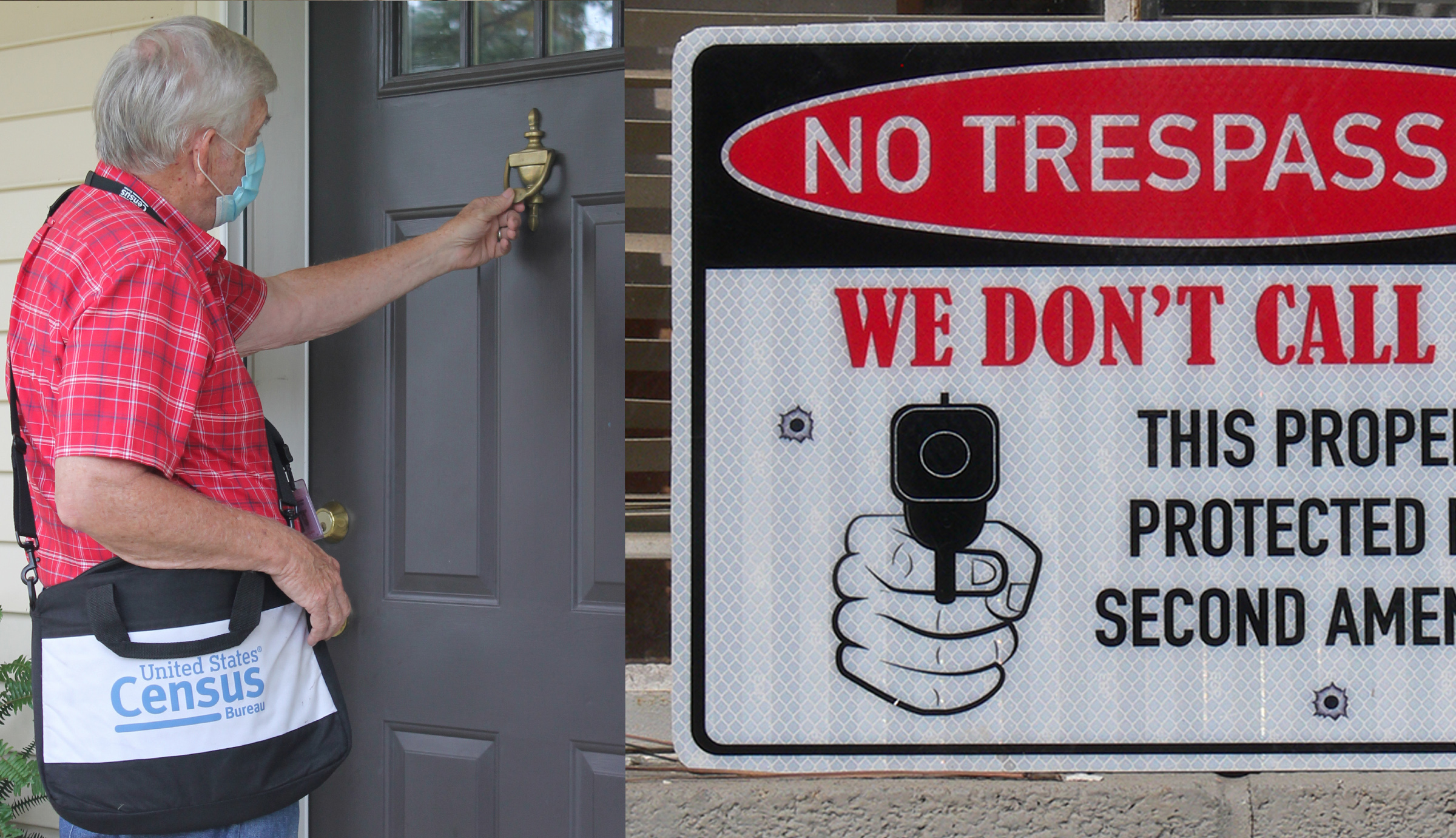

Amen.” These are called “the words of absolution.” Countless benefits It is the power which every priest exercises when he raises his hand over the contrite sinner and says, “I absolve thee from thy sins in the name of the Father, and of the Son, and of the Holy Spirit.

It is evident then that the power to forgive sins is a part of the power of the priesthood, to be passed on in the sacrament of Holy Orders from generation to generation. He had you and me in mind, as well as Timothy and Titus, when he died on the Cross. Jesus came to save everybody who was willing to be saved, down to the end of time. Jesus did not come upon earth just to save a few chosen souls, or just the people who lived on earth during the lifetime of his Apostles. This power to forgive sin which Jesus conferred upon his Apostles was not, of course, to die with them no more so than the power to change bread and wine into his Body and Blood, which he conferred upon his Apostles at the Last Supper. Since God’s mercy is infinite and unwearying, it seems inevitable that he would provide a second chance (and a third and a fourth and a hundredth if necessary) for those who might relapse into sin. He knew that many of us would lose the grace, the sharing-in-God’s-own-life which came to us in Baptism. Jesus knew well that many of us would forget our brave baptismal promises and commit grave sins after our Baptism. Whatever sins you do not forgive, I shall not forgive. Whatever sins you forgive, I shall forgive. I now entrust the use of that power to you. To paraphrase our Lord’s words in more modern terms, what he said was this:Īs God, I have the power to forgive sin. He therefore said to them again, ‘Peace be to you! As the Father has sent Me, I also send you.’ When he had said this, he breathed upon them, and said to them, ‘Receive the Holy Spirit whose sins you shall forgive, they are forgiven them and whose sins you shall retain, they are retained.’ The disciples therefore rejoiced at the sight of the Lord. Jesus came and stood in the midst and said to them, ‘Peace be to you!’ And when he had said this he showed them his hands and his side. As they gaped and shrank back in a mixture of fear and dawning hope, Jesus spoke to them reassuringly.

It was on Easter Sunday evening that Jesus appeared to his Apostles, gathered together in the Upper Room, where they had eaten the Last Supper.

So it is not surprising that on the very day he rose from the dead, Jesus instituted the sacrament by which men’s sins could be forgiven. The sacrament of Reconciliation is a sacrament in which the priest, as the agent of God, forgives sins committed after Baptism, when the sinner is heartily sorry for them, sincerely confesses them, and is willing to make satisfaction for them.īy his death on the Cross, Jesus Christ redeemed man from sin and from the consequences of his sin, especially from the eternal death that is sin’s due. Even today, for those outside the Church in good faith, not possessing the sacrament of Penance, it is the only means for forgiveness of sins. In this sense the word “penance” is synonymous with “penitence” or “repentance.”īefore the time of Christ the virtue of penance was the only means by which people’s sins could be forgiven. This is a supernatural virtue by which we are moved to detest our sins from a motive made known by faith, and with an accompanying purpose of offending God no more and of making satisfaction for our sins. (There is an explanation of some of these names in the Catechism’s section on the sacrament of Reconciliation.)Īlthough often called Reconciliation in common usage, the term “penance” best describes the essential interior disposition required for this sacrament. The sacrament of Reconciliation is also known as Penance and Confession, among other names. It is a peace that flows from a certainty, rather than from an unsure hope, that our sins have been forgiven and that we are right with God.Īlthough many converts to the Catholic Church initially fear it, they quickly come to love the sacrament of Reconciliation once they get over their nameless fears-fears which come from a misconception of what the sacrament really is. The peace of mind and soul which this sacrament imparts to us is one for which there is no substitute. Many Catholics treasure the sacrament of Reconciliation. The Sacrament of Reconciliation: Rising Again to New Life


 0 kommentar(er)
0 kommentar(er)
